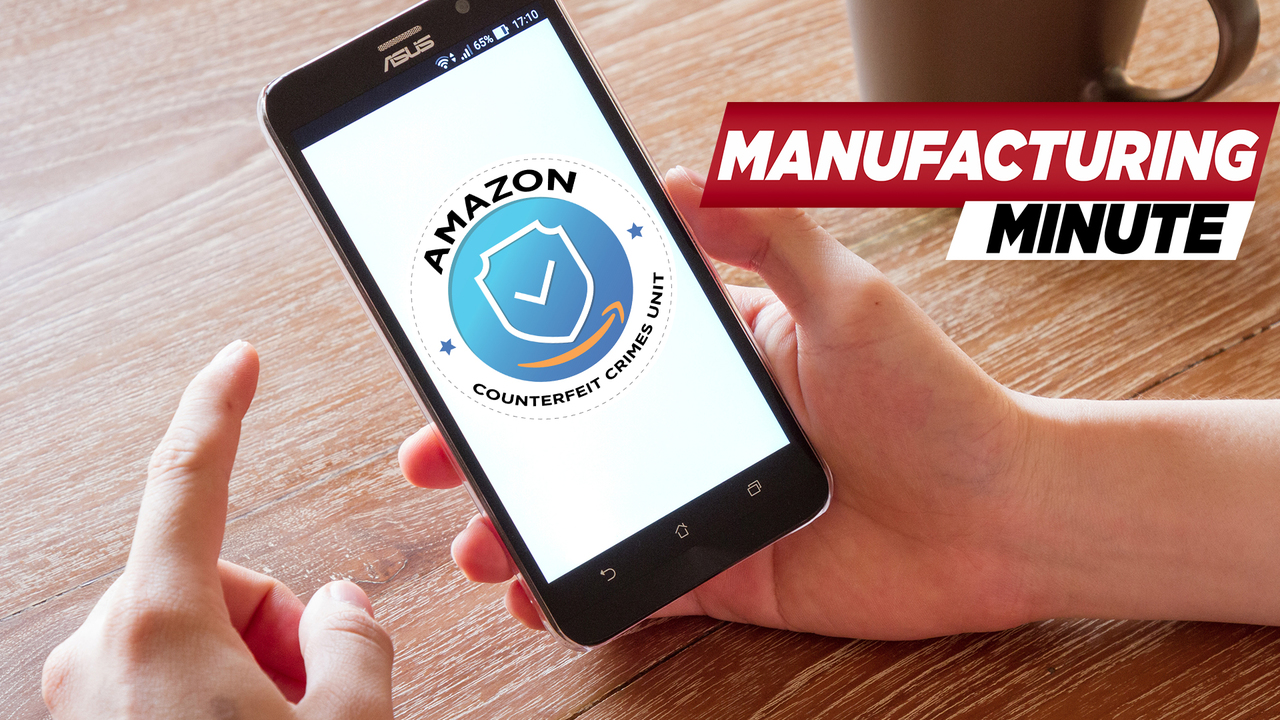Amazon is launching a Counterfeit Crimes Unit just as consumers become more reliant on online shopping than ever before.
As non-essential brick-and-mortar stores temporarily closed their doors due to the COVID-19 pandemic, many consumers turned to their computer screens to buy products at home. The Adobe Digital Economy Index found that e-commerce sales jumped 49 percent in April. Many consumers were even turning to online shopping for the first time. Fraud protection service provider ClearSale reported that the average number of brand-new online shoppers in the U.S., Canada, Australia, Mexico and Argentina rose by 12 percent between March and April.
As more and more shoppers test the online shopping waters, many will look to continue shopping virtually even as shops begin to re-open.
The online shopping shift highlights the growing need for more substantial restrictions on counterfeit consumer goods on online platforms. Now, to help brands in the e-commerece realm, it looks like Amazon is doubling down on its anti-counterfeiting measures with a new crime unit.
Amazon Doubles Down on Counterfeiting
The e-commerce giant’s Counterfeit Crimes Unit is dedicated to bringing counterfeiters attempting to list counterfeit products in its store to justice. Amazon’s unit is made up of former federal prosecutors, investigators, and data analysts.
The task force comes on the heels of last year’s investment of over $500 million in its bid to fight fraud and counterfeiting. Amazon hired more than 8,000 employees as part of the development. The company says it blocked over 2.5 million suspected bad actor accounts before they made a single product available for sale and blocked over six billion suspected counterfeit listings in 2019.
“Every counterfeiter is on notice that they will be held accountable to the maximum extent possible under the law, regardless of where they attempt to sell their counterfeits or where they’re located,” says Dharmesh Mehta, vice president, customer trust and partner support, Amazon.
Losing Trust in Brands
The new crime unit should be good news for licensees struggling to combat the vast potential of counterfeiting online. Brand management firm, Incopro, reported that 26 percent of U.S. consumers had mistakenly bought at least one counterfeit product in 2019. That stat should be particularly worrisome to brands because the risk of buying counterfeit items online is not just money lost on a product.
Reports show that fake product purchases hurt a brand’s image in the eyes of consumers. The Incopro study found that 52 percent of consumers have lost trust in a brand after unintentionally purchasing a counterfeit product online.
“The research suggests that changing consumer preferences are pressuring brands and platforms – whether ecommerce or social – to meet evolving expectations, by taking greater action to flag genuine goods, limit the propagation of fake items [or] content, and take responsibility swiftly and with integrity when issues arise,” adds Nathalie Nahai, web psychologist, author and speaker, in Incopro’s report.
Stopping Counterfeits is a Team Sport
While Amazon’s task force is a good move for brands, it has only to be part of the puzzle. As e-commerce shopping progresses and counterfeiting becomes more commonplace, it will be key brands to also do their part to ensure a more level playfield.
For licensees, it’s crucial to provide consumer education and leadership. Technology will need to be coupled with smart strategies and retailers’ help to ensure the black market is clamped down on as much as possible.
Via License Global

